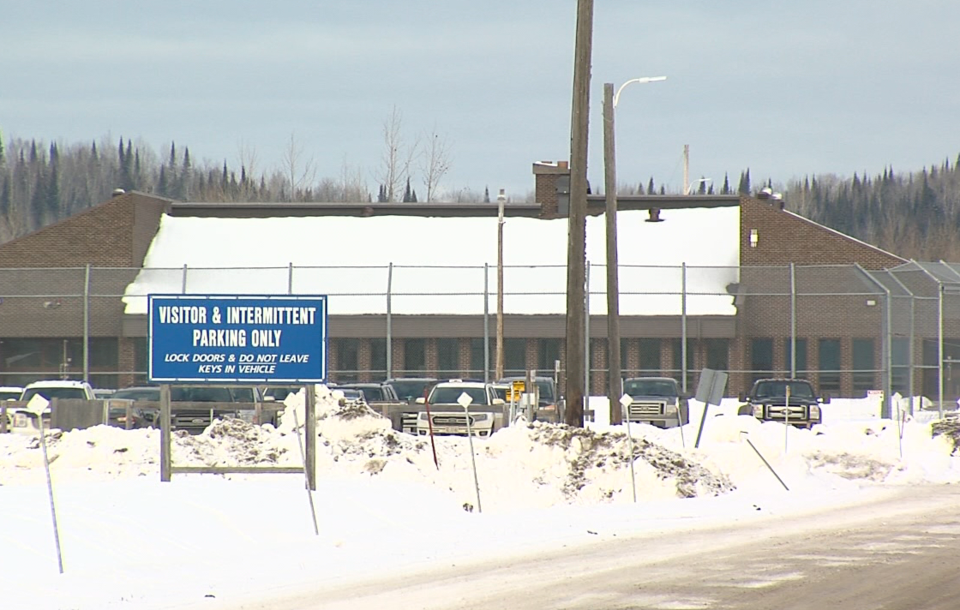THUNDER BAY — A coroners inquest into the death of a Neskantaga First Nation man at the Thunder Bay Correctional Centre is set to begin this month.
The province’s north region Regional Supervising Coroner has announced the date for the beginning of the inquest into the death of Sherman Kirby Quisses.
In a media release issued Monday afternoon, Dr. Kevin Miller said that the inquest into the will begin on Monday Feb. 24 via video conference and is expected to last 15 days.
Quisses was 35 years-old when he died in hospital on June 4, 2012 after he was transferred there from the correctional centre after a reported altercation with another inmate.
Adam Capay was charged with first-degree murder in the slaying. He was in custody at the same institution at the time of his charge.
After a years-long legal battle, that charge was eventually stayed when his lawyer successfully argued that Capay’s rights under the Canadian Charter of Rights and Freedoms were violated due to the treatment he received while incarcerated, including spending more than 1,600 days in solitary confinement — some of which involved being in a Plexiglass cell with the lights on 24 hours per day.
Quisses’ family and home community have publicly expressed disappointment that there were no criminal convictions for his death.
Dr. David Eden will preside over the inquest, the release said. Christina Varrette and David Kirk will be the inquest counsel. The inquest is expected to hear from 19 witnesses.
The delay was due to a number of factors, said a spokesperson for the Office of the Chief Coroner, including the need for all other investigations (such as those by police, the health and labour ministries, and the Special Investigations Unit) to be completed, as well as the requirement that all legal proceedings have finished and appeals periods expired.
“It also takes time to prepare for an inquest,” Stephanie Rea told Dougall Media in an email in late 2024. “An inquest team will need to be set up, documentation and evidence will need to be collected,” she continued. “The team will then seek input from family and stakeholders to develop potential strategies and recommendations and create the scope of the investigation.”
Additionally, Rea said, it takes time to schedule everyone to ensure all parties are available at the same time.
An inquest is mandatory under the Coroner’s Act. The proceedings will examine the circumstances of Quisses’s death and a jury can make recommendations aimed at preventing similar deaths.
With files from Jodi Lundmark
